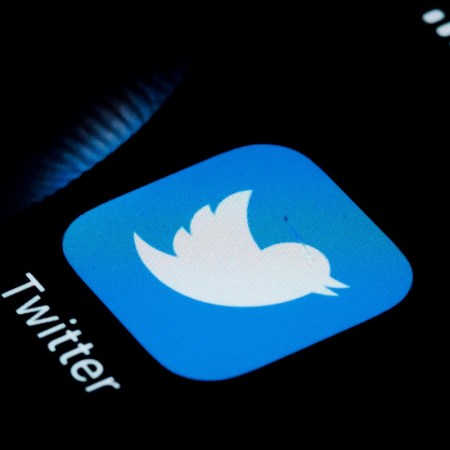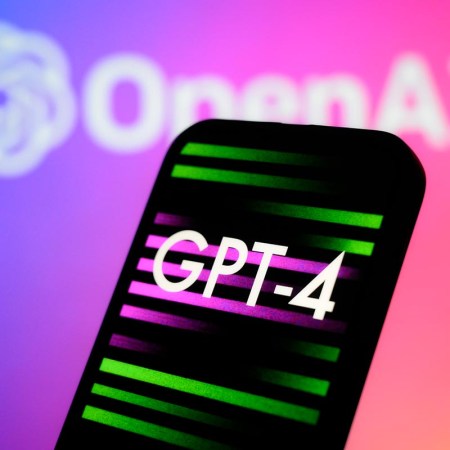You have every reason to learn a foreign language.
Travel will be less stressful. You’ll appear smarter at parties. By and large, you’ll just become a more interesting, adaptable person.
There’s really only one big reason not to: it’s difficult.
But Fluent Forever, Kickstarter’s most-funded app from polyglot Gabriel Wyner, wants to take you from “hola” to fluency … the easy way.
The Kickstarter campaign ended with 4,434 backers, who together raised an astounding $587,785. But don’t despair, non-backers: Wyner immediately opened an Indiegogo campaign where you can still pledge to get early access to the app at a discounted rate.
Hold up, though. In a world of Rosetta Stone and Duolingo — not to mention foreign-language requirements in just about every school — is it even possible that one man could provide something substantially better?
To put it simply: Yes. His qualifications include speaking six languages fluently by the age of 30 and teaching himself conversational French in three months. He’s been the subject of a viral Lifehacker article, overseen a 2013 Kickstarter campaign for pronunciation trainers, written the book version of Fluent Forever, and now designed a comprehensive language-acquisition app.
In Wyner’s own words, he is setting out to create “a single app that can take you from nothing all the way to fluency in your language of choice.”
To do that, the app shifts the focus away from translating into English and memorizing said translations (something many will remember from years of classroom torture lessons), and toward immersion in the desired foreign language, with help from images.
For traditionalists, Fluent Forever’s progression model may seem odd. Pronunciation comes first, then vocabulary and grammar follow by way of personalized flashcards created within the app. In Wyner’s (substantiated) reasoning, teaching yourself to think in a new language is most effective when you’re actively creating your own learning tools, not passively viewing those created by someone else.
The languages offered at the time of publication include Spanish (Latin American and Castilian), French, German, Italian, Russian, Korean, English, Portuguese, Dutch, Hebrew and Arabic (MSA). But if the stretch goal of $850,000 is reached, they will add Japanese and Mandarin, as well as “a framework for users to learn any language they want” that aren’t officially supported.
Unfortunately, as per Kickstarter norms, the app is not yet available, but it’s looking at an expected full release in August 2018. But one of the rewards for backing the project is access to beta testing — Latin American Spanish is expected in April 2018, with French, German, Russian, Italian and Korean following shortly after.
In the meantime, you decide: Next time you take an international jaunt, do you want to be the ignorant American, or the perspicacious globetrotter?
The difference could be this app.
This article was featured in the InsideHook Chicago newsletter. Sign up now for more from the Windy City.





















